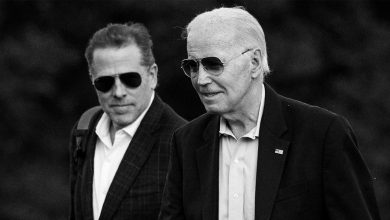Donald Trump denies charges in arraignment for classified documents case.

Former President Donald Trump has recently pleaded “not guilty” in his arraignment for charges of disclosing classified information during his time in office. The case involves allegations that he divulged sensitive information to Russian officials during a 2017 Oval Office meeting.
The arraignment is just one of several legal troubles that Trump is facing in both federal and state courts. He has also been charged with inciting the January 6 Capitol insurrection and is under investigation for possible financial crimes.
Despite his numerous legal issues, Trump maintains his innocence and continues to fight the charges against him. His legal team argues that the former president did not intentionally disclose classified information and that any information that was shared was declassified prior to the meeting.
Prosecutors, however, contend that Trump’s actions jeopardized national security and that his decision to share classified information with Russian officials was dangerous and reckless. They argue that he did so to boost his own ego and demonstrate his authority.
The case has been closely watched by both Democrats and Republicans, as it could have significant implications for national security and the limits of presidential power. Some legal experts have suggested that a conviction could set a precedent for future presidents and limit their ability to disclose classified information.
At the same time, many Trump supporters have rallied around the former president, arguing that he is being unfairly targeted by liberal prosecutors and the “deep state.” They maintain that the charges against him are baseless and politically motivated.
The ongoing legal battles facing Trump highlight the deep political divide in the United States and the polarized nature of American politics. While some see the charges as a necessary corrective to presidential overreach, others see them as an attack on conservative values and the rule of law.
Regardless of the outcome of the arraignment and other legal proceedings, it is clear that the controversies surrounding Trump’s presidency will continue to linger long after he has left office. His actions will be subject to ongoing scrutiny and debate, raising important questions about the limits of presidential power and the responsibility of elected officials to protect national security.




